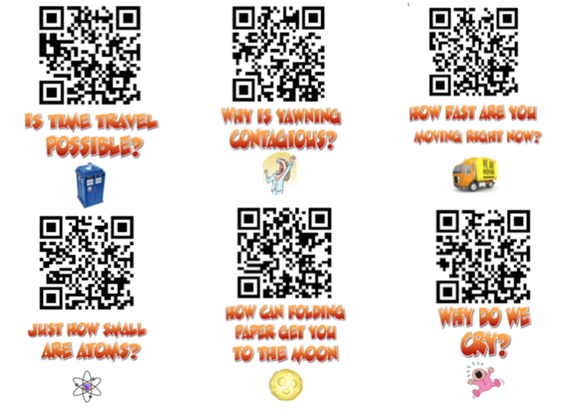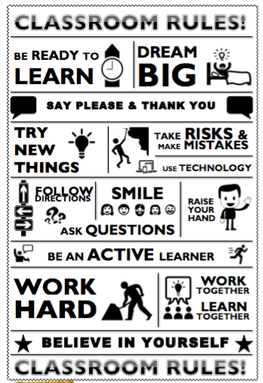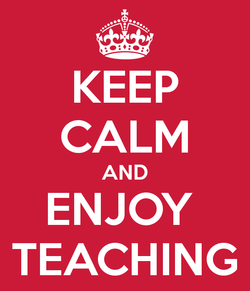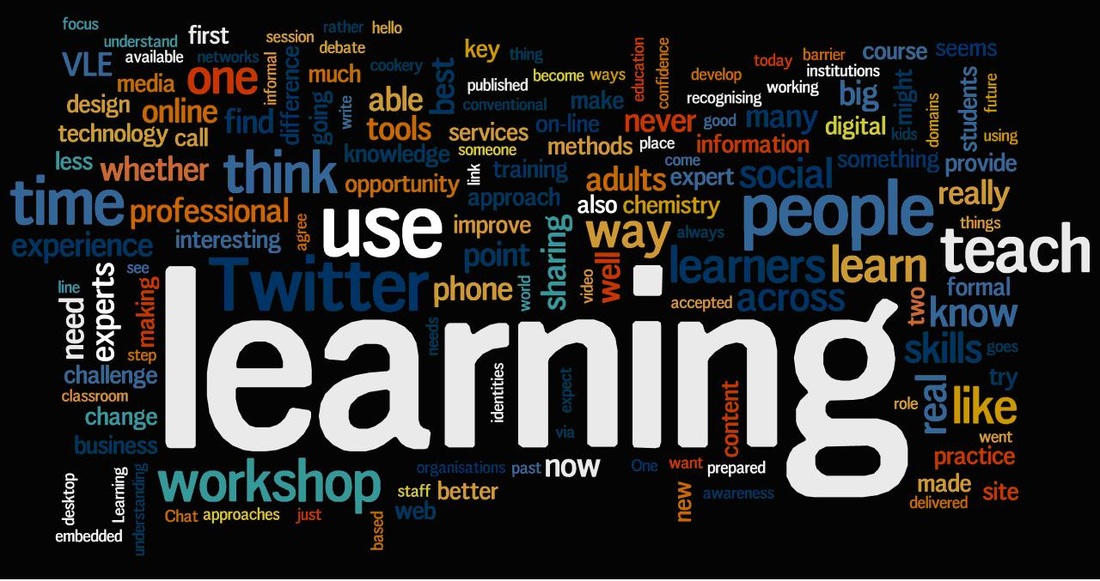| QR codes are now common in todays society, primarily for advertising purposes. First designed in Japan for the automotive industry in 1994, they have, in recent years established themselves are a very useful and effective tool in education to move learning beyond the classroom and the world into the classroom. The following is one example of how I use QR codes to engage students and to stretch and challenge the most able of students. I provide students with a BIG question, such as "How can folding paper get us to the moon", and ask them to compose their own scientific theory with evidence. This can be either an individual or small group task. The students then scan the code using a mobile device or tablet, watch the video, and evaluate the content and then compare and contrast this with their own model. | |
Click here for the BIG question files.













 RSS Feed
RSS Feed
